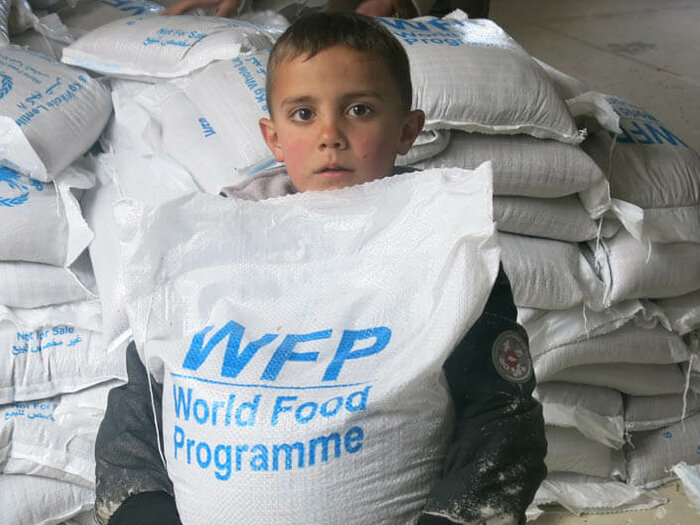In a dire turn of events, displaced individuals in camps across northeast Syria are gripped by fear as the World Food Programme (WFP) announced the termination of food assistance throughout the war-torn country. Ali Farahat, the director of the Maram camp near the Turkey border, expressed concerns about the exponential increase in suffering as aid comes to a halt.
“Stopping aid to the camps will exponentially increase suffering,” warned Farahat, revealing that some have conveyed the chilling sentiment that without aid, they fear dying of hunger. The WFP, in a statement issued on Monday, regretfully announced the end of its general food assistance across Syria in January 2024, citing a lack of funding as the primary reason.
While the United Nations’ food aid agency assured continued support for families affected by emergencies and natural disasters through smaller, targeted interventions, the decision to cease general food assistance is rooted in the global funding challenges faced by the WFP. In September, the agency had already warned of reduced assistance due to insufficient funds, pushing an estimated 24 million people worldwide to the brink of famine.
The impact of these funding constraints was felt in July when 45 percent of aid recipients in Syria were cut from assistance. The WFP emphasized that its activities are scalable based on needs and available resources. However, the consequences of this decision are likely to hit hard in areas controlled by the Hayat Tahrir Al-Sham (HTS) militant group in Idlib province, where around three million people reside.
Camps for the displaced, often overcrowded and lacking basic necessities, depend heavily on international organizations for food, medical aid, and other essentials. Residents of these camps, including Maram in Atme, are facing a bleak future as they grapple with the harsh reality of aid termination. Queuing up for some of the last aid rations of the year, residents express genuine fears that stopping assistance will lead to starvation, as they lack the means to purchase essential food items.
The plight of displaced individuals like Ahmed Adla and Khaled Al-Masri, who have endured years of displacement, underscores the urgent need for attention to the humanitarian crisis unfolding in Syria. As aid becomes scarcer, the coming winter presents an additional challenge for families struggling to keep their children warm in the absence of essential support.
















